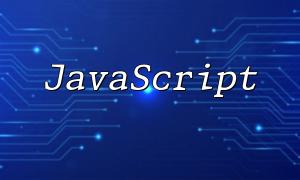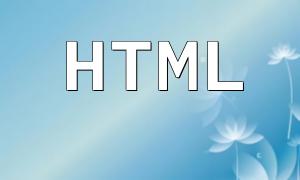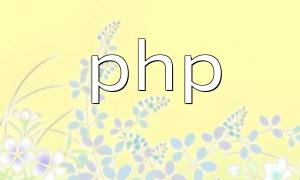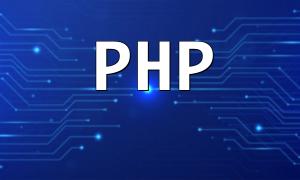In modern web development, **Java** and **PHP** are two commonly used programming languages, each with its own unique characteristics and advantages. Understanding the strengths and weaknesses of these languages helps developers make more informed decisions when choosing a tech stack.
1. Cross-platform compatibility: Java is a “write once, run anywhere” language that can run on any device supporting the Java Virtual Machine (JVM), making Java highly cross-platform compatible.
2. Strong community support: Java boasts a large developer community and provides numerous tools and frameworks, such as Spring and Hibernate, that help improve developer productivity.
3. Stable performance: As a compiled language, Java offers more stable performance compared to interpreted languages, making it suitable for developing large and complex applications.
1. Steeper learning curve: Compared to PHP, Java's syntax is more complex, which may require more time for beginners to master.
2. Slower development speed: Java's strict typing system and compilation process may slow down development, especially in fast-paced, iterative projects.
1. Easy to learn: PHP's syntax is simple and flexible, making it an excellent choice for beginners to quickly develop web applications.
2. Optimized for web development: PHP is specifically designed for web development and integrates tightly with HTML, making it ideal for building dynamic websites and web applications.
3. Rich framework support: PHP has many popular frameworks, such as Laravel and Symfony, which help developers quickly build projects and expand functionality.
1. Performance issues: As an interpreted language, PHP may not perform as well as compiled languages (like Java), particularly in high-concurrency environments.
2. Security concerns: While the PHP community provides various security tools, its flexibility can sometimes lead to security vulnerabilities, so developers need to be cautious.
Java use cases: Due to its stability and extensive library support, Java is widely used in enterprise-level applications (such as ERP systems), big data processing, and Android development.
PHP use cases: PHP's ease of use and strong web integration capabilities make it popular for content management systems (like WordPress), e-commerce platforms, and websites for small to medium-sized businesses.
When choosing between Java and PHP, developers should consider factors such as project requirements, team skillset, and development speed. Java is suitable for enterprise-level applications that require high performance and security, while PHP is ideal for rapidly developing web applications. Understanding the pros, cons, and use cases of both languages will help developers build more efficient applications.









